The courses in this program:
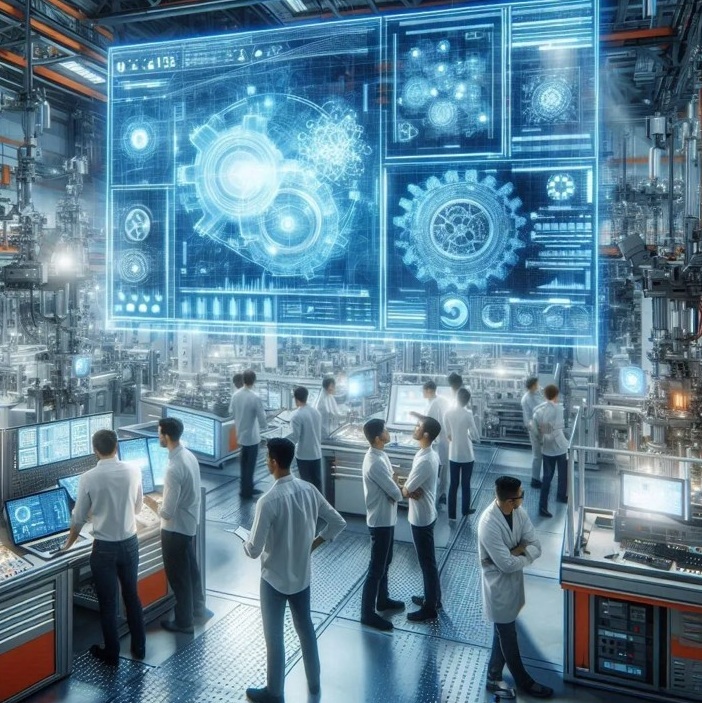
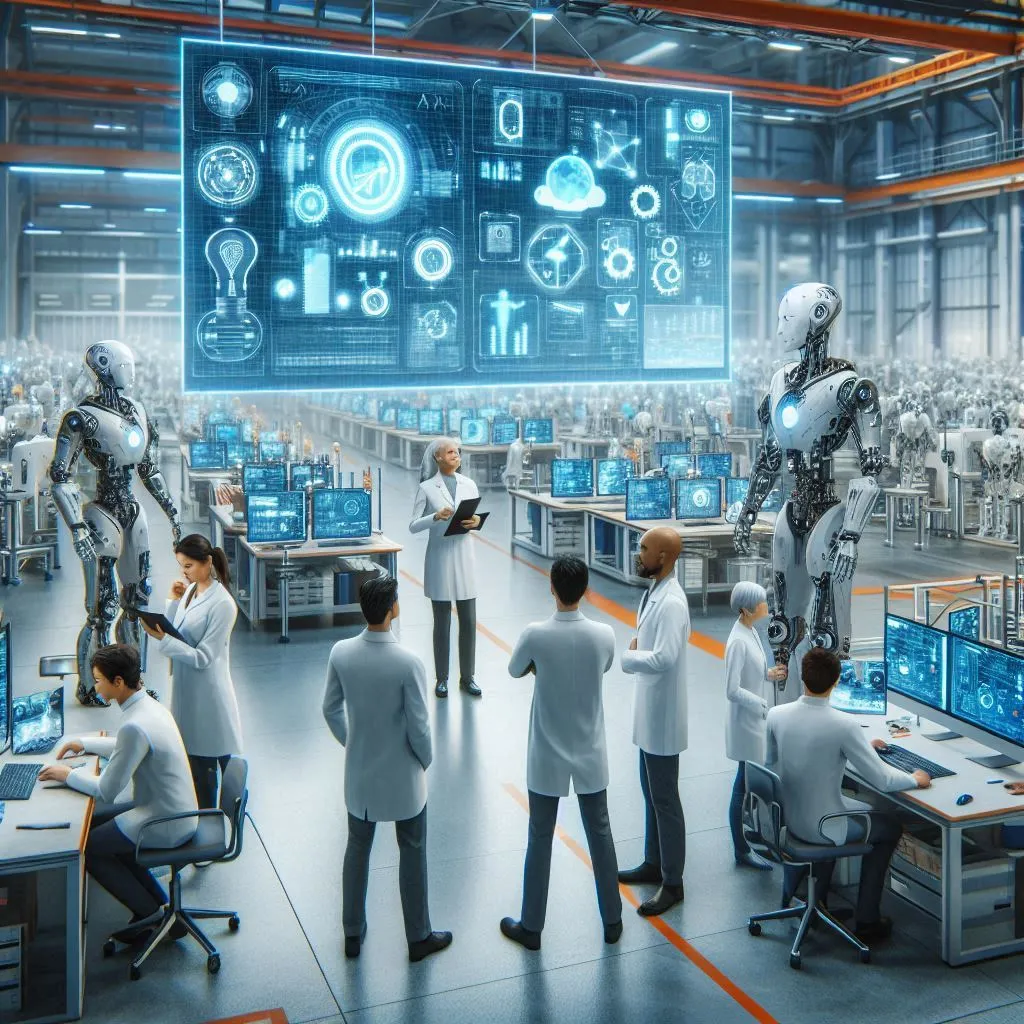
AI powered simulators use real-world data to run virtual tests on digital versions of new products. Products that in the past took years to develop, now take months. This course emphasizes the development of modeling and simulation concepts and analysis skills necessary to design, program, implement and use computers to solve complex systems/products analysis problems. The key emphasis is on problem formulation, model building, data analysis, solution techniques and evaluation of alternative designs/processes in complex systems/products. Overview of modeling techniques and methods used in decision analysis, including multi-attribute utility models, decision trees and optimization methods are discussed.
Fundamentals of Computer-Integrated Design and Manufacturing addresses design and manufacturing as a global closed-loop system comprising four major functions: marketing, part design, process specifications and production. The emphasis of this course is on the computer integration of the islands of automation created by isolated computerized systems within these major functions in an enterprise.
Introduction to the design and control of production systems using mathematical, computational and other modern techniques. Topics that will be investigated include forecasting, inventory systems, aggregate production planning, material requirements planning, additive manufacturing, project planning, job sequencing, operations scheduling and reliability, robotics, in addition to capacity, flexibility and economic analysis of flexible manufacturing systems, and the adherence to changes in regulations.
This course addresses methodologies and tools to define product development phases and also provides experience working in teams to design high-quality competitive products. Primary goals are to improve ability to reason about design, material and process alternatives and apply modeling techniques appropriate for different development phases, as well as development of competitive product design and plans for its manufacture along with facilities layout simulation, testing and service. Products are now designed and developed in virtual environments that facilitate collaboration with customers. Topics covered are: user requirements gathering, quality function deployment (QFD), design for assembly, design for materials and manufacturing processes, optimizing the design for cost and reproducibility, manufacturing process specifications and planning, process control and optimization, validation, compliance, and SPC and six sigma quality processes, tolerance analysis, flexible manufacturing, product testing, rapid prototyping, and the use of robotics and machine learning.
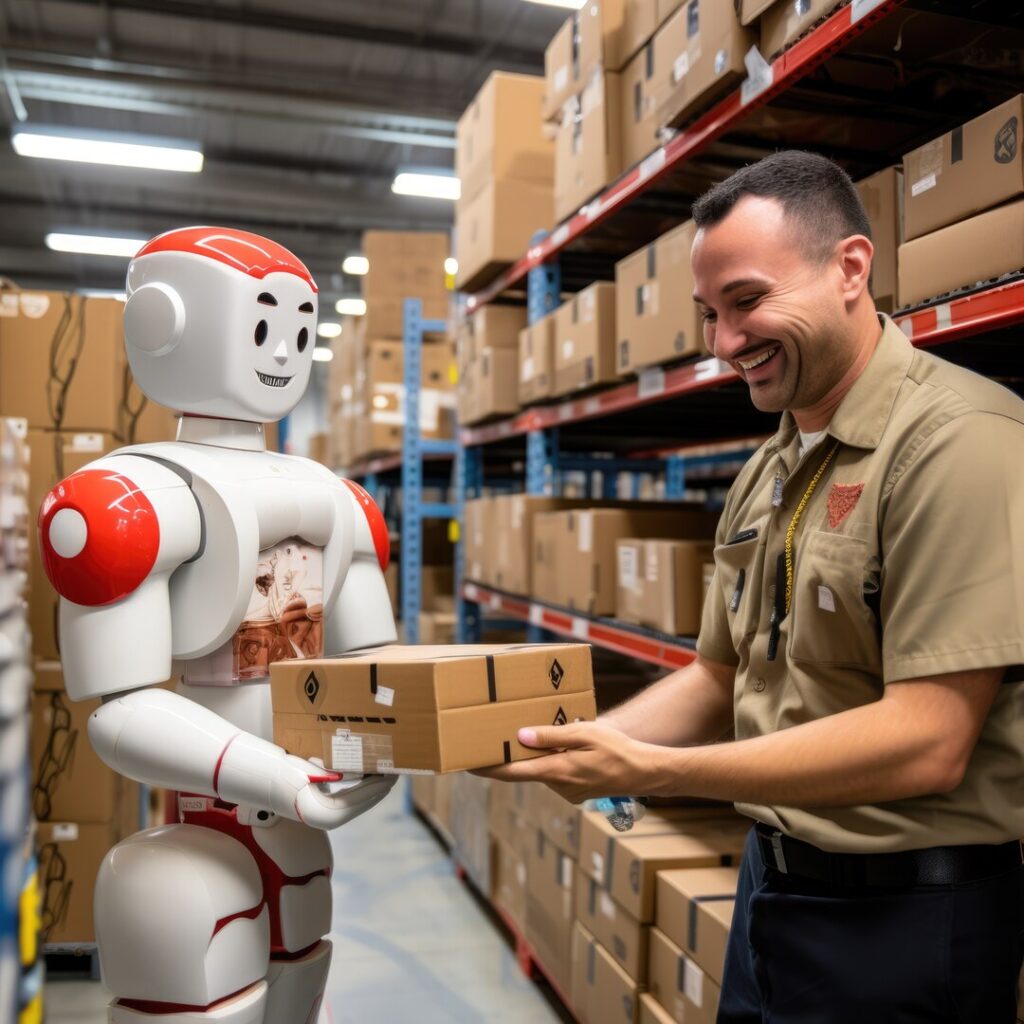
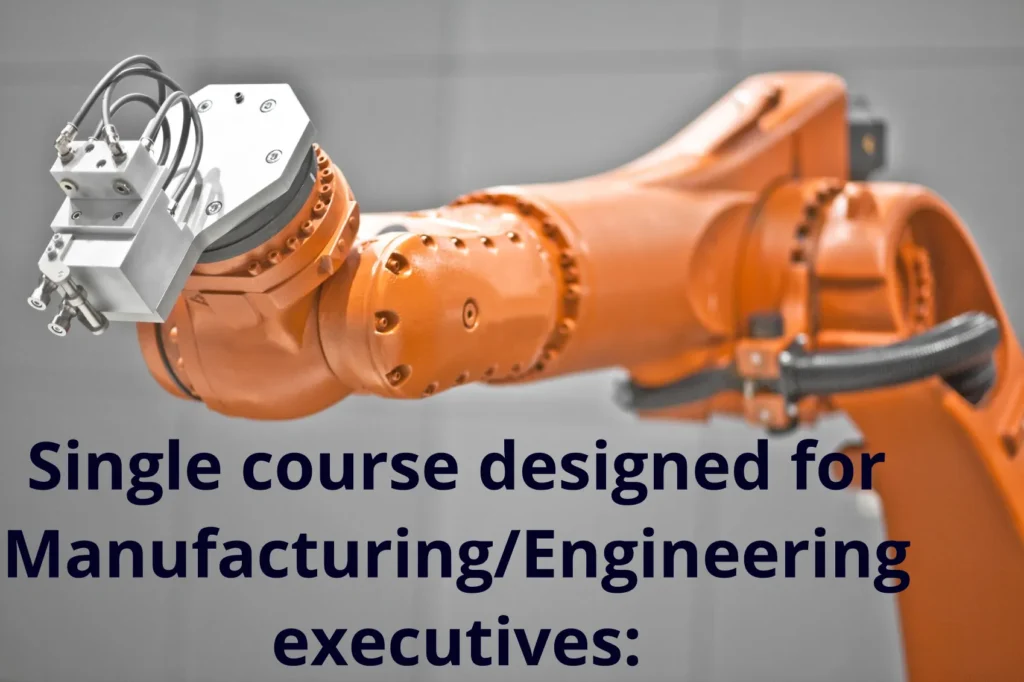
As Manufacturing/Engineering organizations accelerate the digital transformation of their industry, they are focusing their investments in leveraging information technology to improve customer/client products/services while lowering overall costs. In today’s highly regulated, increasingly resource-constrained, and cost-focused environment it is essential to understand how to effectively and efficiently manage an organization’s information technology (IT) resources. There are numerous strategic, tactical, and operational choices to be made about managing Manufacturing/Engineering IT resources and it is essential to ensure that IT and non-IT executives across the organization work in harmony.
Experience has made it clear that Manufacturing/Engineering organizations need well-conceived organizational structures, skills, processes, and decision rights to ensure that IT investments are appropriately leveraged across the organization, especially when considering the impact of emerging information technologies.
This course prepares Manufacturing/Engineering executives by providing a comprehensive understanding of the fundamental decisions related to the management of IT resources in the Manufacturing/Engineering environment. The course will also provide an overview of current and future information technologies and their potential impact on customers/clients, organizations, and associated stakeholders.
The course is designed to be delivered live/synchronously (face-to-face or online) with a total of twenty (20) contact hours. While the schedule is flexible, it is usually delivered in approximately ten (10) 2-hour modules/lectures/sessions.
The IT-Manufacturing/Engineering topics include:
Deriving IT-business strategies
Considerations for types of organizational structure, sourcing, governance (i.e., decision-making and decision rights), roles/responsibilities, and processes
Leverage emerging digital technologies; especially AI, blockchain, and security
The business value of IT
The definition, concepts, and contexts of Manufacturing/Engineering IT
Enhancing business-IT alignment
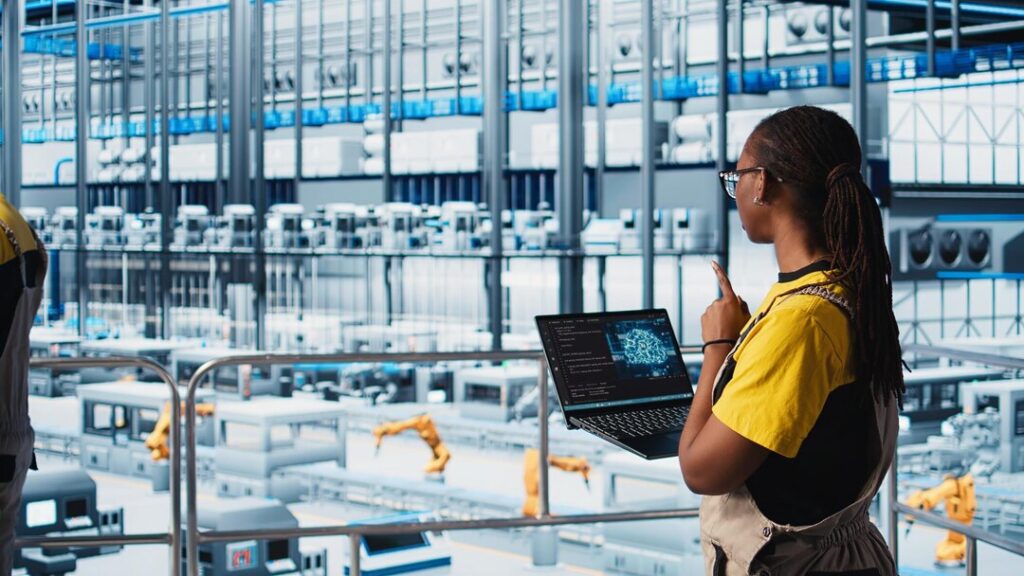
Global Institute for IT Management © 2025